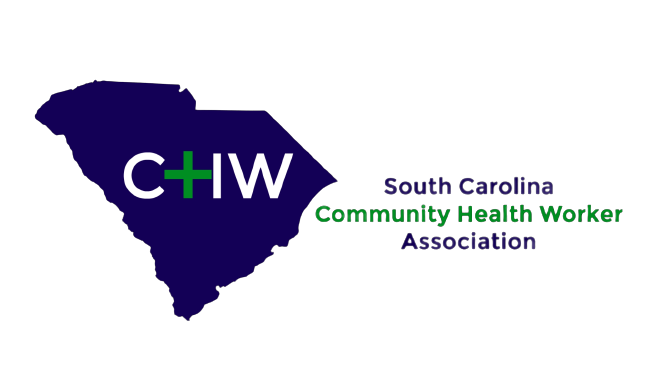An Expert Weighs In: How CHWs Can Protect Their Mental Health
An Expert Weighs In: How CHWs Can Protect Their Mental Health
Mental health is crucial in every aspect of daily life. Experts explain that poor mental health can lead to unemployment, disability, heart disease, isolation, substance use and suicide. Subsequently, more efforts and conversations exist about mental health resources and services to improve people’s quality of life. Unfortunately, men are often left out of the conversation. And one group of men faces even more challenges when it comes to mental health: community health workers (CHWs).
It is well-known that healthcare workers experience higher stress, anxiety and burnout rates than other professionals. In fact, 93% of healthcare workers reported feeling stressed and stretched too far thin. Health workers face increased stress and anxiety because of work demands, uncertain or variable schedules, intense emotional situations from work and other factors. These challenges are present for CHWs, as well.
The challenges of the healthcare profession put male CHWs at increased risk of anxiety, depression and other mental health challenges. Additionally, mental health stigma makes male CHWs even less likely to get the help they need. Omar Jones, community health leader and advocate, explains that men may feel weak or judged for seeking mental health services, but male CHWs have a unique dual role in the mental health field.
First, it’s crucial for male CHWs – and all CHWs and health professionals – to seek mental health help and prioritize self-care because it can prevent exhaustion and burnout. “Healthcare workers often encounter stressful situations, including sickness, death and limited resources. Good mental health helps us cope with these challenges without succumbing to burnout,” Jones says. “CHWs with good mental health are more likely to find satisfaction in their work, which can lead to longer tenures and reduced turnover.”
Second, male CHWs can reduce stigma by actively prioritizing their mental health, which can help other men do the same. Stigma reduction leads to positive outcomes in the CHW’s life and the lives of community members. “Male CHWs often serve as role models in our communities. When male CHWs prioritize their own mental health and are open about it, we can help reduce this stigma. When we exhibit good mental health and well-being, we can influence others to prioritize and seek help for their own mental health needs.”
Click Here to Read How One Community Health Leader Prioritizes His Mental Health
